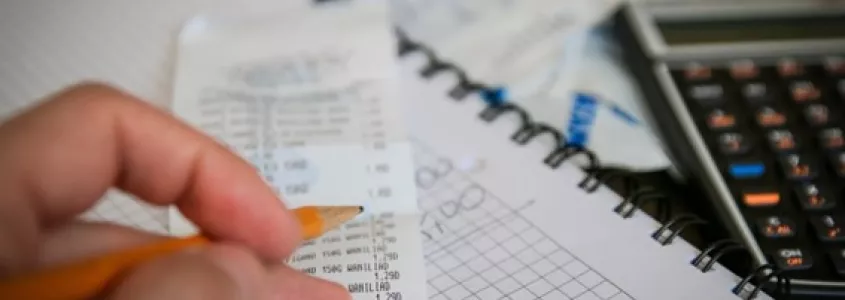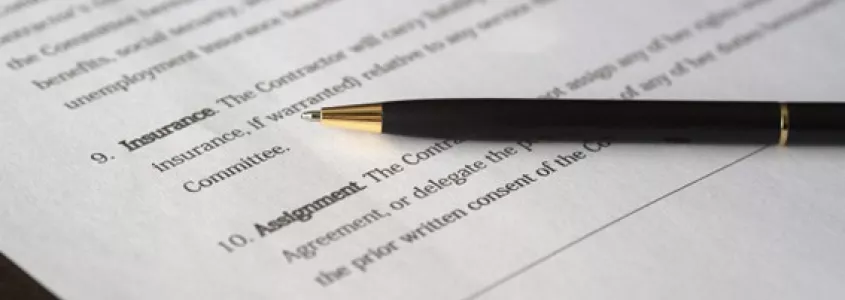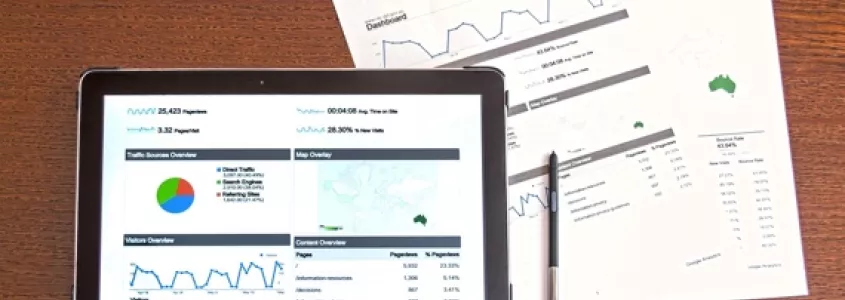Arrangement with creditors
Do you need to file for insolvency proceedings?
Is your company in insolvency proceedings?
Have you been affected by an insolvency proceeding?
What is insolvency proceedings?
It is a legal situation in which the debtor, faced with the impossibility of meeting his debts, is forced to apply for the so-called "insolvency proceedings" in which, through a system of waivers and delays, the aim is to satisfy the creditors.
The aim is to create a situation in which creditors can be paid.
What is pre-insolvency proceedings?
This is a situation, prior to the declaration of insolvency, in which, once it is requested by the debtor, it prevents creditors from being able to request insolvency proceedings within four months of the request being made.
What law governs insolvency proceedings?
The new insolvency proceeding is governed by the new Insolvency Act, approved by RDLeg 1/2020, which came into force on 1 September 2020.
Which court will handle the insolvency proceedings?
The insolvency proceedings will be heard by the Commercial Court of the province in which the insolvent party has its registered office.
Our insolvency lawyers act in Madrid and the rest of Spain.
Who can apply for insolvency proceedings?
Insolvency proceedings may be requested by the debtor himself, known as voluntary, or by the creditors, also known as necessary.
What types of insolvency proceedings are there?
Insolvency proceedings may be:
- Voluntary, which is requested by the debtor himself.
- Necessary, which is requested by the creditors or any other interested party.
What are the stages of insolvency proceedings?

1. Common phase
In turn, there are four moments in the insolvency proceedings:
1st) Application for the declaration of insolvency. Study of the application by the judge and possible application of precautionary measures.
2nd) Judicial resolution declaring the insolvency proceedings or rejecting the application for insolvency proceedings.
3rd) Determination of the existing assets.
4th) Determination of the passive mass or debts and classification of the credits (debts) that it has. Between special, general, ordinary and subordinated).

2. Arrangement phase
In the arrangement phase of the insolvency proceedings, the proposals for arrangement that the debtor and any creditor may submit will be received.
These proposals must contain either a proposal for a debt write-off or a proposal for a stay, both of which may be included in the same agreement, always specifying a detailed payment plan.
Once the proposals have been submitted, the creditors may vote at the creditors' meeting for the one they consider most favourable to their interests. If any arrangement proposal obtains a sufficient majority to be approved and does not suffer from any defect or infringement, the judge will approve the arrangement.
3. Settlement phase
The insolvent debtor may request at any time during the insolvency proceedings that the liquidation phase be opened. The liquidation phase will also be opened when no proposals for an arrangement have been presented or when arrangements have been presented but none have been approved, among other cases.
Once the liquidation phase is opened, the debtor will lose all its administration and management powers, and the insolvency administrator will be the person in charge of doing so.
The liquidation consists of selling all the debtor's assets with the aim of paying the maximum debt possible, following the order of priority established by law.
4. Qualification Phase
In this phase, a reflection on the insolvency procedure is carried out in order to classify it as fortuitous or guilty.
Will the administrator be liable with his assets in the insolvency proceedings?
The company director is obliged to file for insolvency proceedings within two months of being in insolvency proceedings, which in most cases correspond to losses that reduce the share capital to less than half.
At the end of the insolvency proceedings, a qualification shall be opened. The insolvency proceedings shall be declared to be either culpable or fortuitous.
Only if the legal obligations incumbent on the administrator have not been complied with shall the insolvency proceedings be classified as culpable, in which case the administrator shall be liable.
Lawyers specialising in
insolvency proceedings
Our law firm has lawyers specialised in legal advice related to bankruptcy and insolvency proceedings.
Experience
Remember that company administrators are obliged to file for insolvency proceedings when the economic situation so requires. Our lawyers will advise you.
Urgency
The deadline for filing for insolvency proceedings is two months from the moment the situation arises. Our firm will ensure that you meet the deadlines.
Professionals
Our lawyers are specialists in insolvency proceedings. Call us.
Heritage Protection
By fulfilling your obligations, your personal assets will not be compromised.
Contact us at any of our offices in Madrid
Our Law Firm has specialised Commercial Lawyers in Madrid and the Community of Madrid who will be able to advise you and help you in any question related to insolvency proceedings.
Call us and make an appointment at our offices in Madrid, Pozuelo, Villalba or Majadahonda where our Commercial Lawyers will attend you.
Our lawyers specialising in insolvency law
Specialised lawyersLawyers specialising in insolvency proceedings
Frequently asked questions
News on insolvency law

Unfair competition, also known as unlawful competition, is one of the most complex issues in the field of commercial law. Because it can occur in an infinite...

Business accelerators are organisations or programmes that provide support and resources to startups and entrepreneurs in the early stages of their company's...

Illiquidity refers to the inability of an entity or individual to convert assets into cash quickly without incurring significant losses. In other words, it is...

The mandate contract is an agreement in which a person, called the principal, entrusts another person, called the agent, with the performance of certain actions...

Due diligence is a process of thorough investigation and analysis undertaken to evaluate a company, an individual or an investment opportunity. The objective of...

A surety is a guarantee offered to ensure the fulfilment of a contractual or legal obligation. It is a contract whereby a third party, called a surety or...

A company's articles of association are a legal document that sets out the rules and regulations governing the organisation and operation of a company. These...

An offshore company is a legal entity created in a foreign country for commercial, financial or tax purposes. The term "offshore" refers to the fact that the...

A pledgee is a person or entity that has a security interest in movable or immovable property that has been pledged as security for a debt. In other words, it...

The venture capital is a form of financing companies in early-stage or growth companies involving venture capital investment in emerging companies and startups...

A corporate restructuring process is a strategy used to improve the efficiency and effectiveness of a company. In general, restructuring involves significant...

A capital reduction is a financial operation that consists of reducing the nominal value of a company's share capital. This can be done for different reasons, e...


